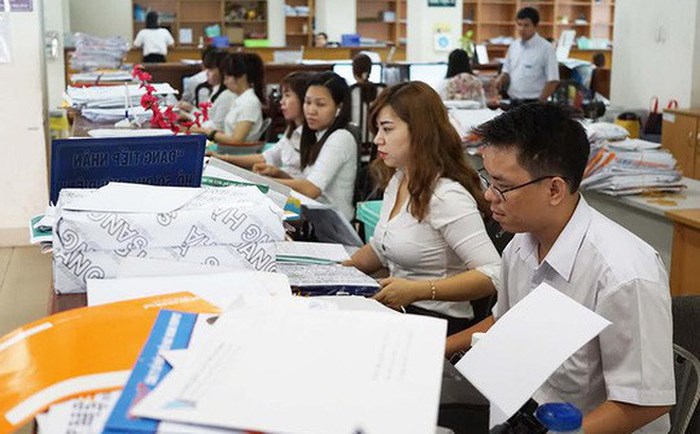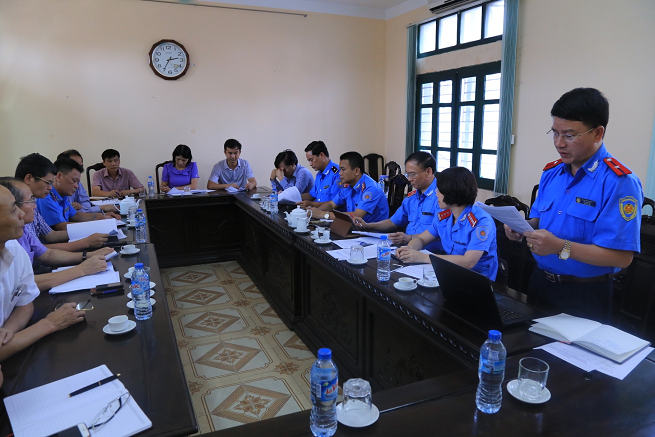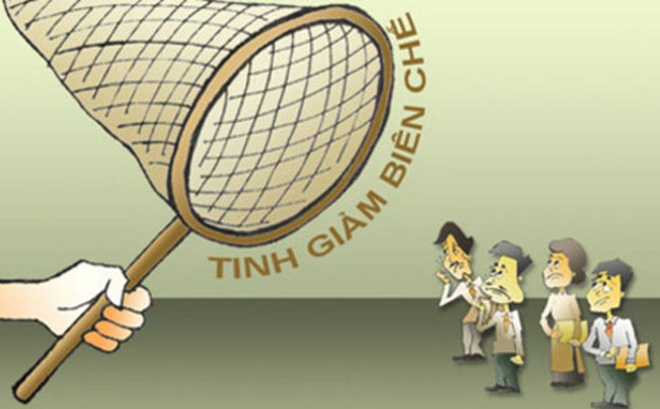Recently, the Government of Vietnam issued Decree 112/2020/ND-CP on disciplining officials and public employees which will officially take effect from September 20, 2020.

What are the changes to forms of disciplining officials in Vietnam as of September 20, 2020? (Internet image)
According to Article 8 of Decree 112/2020/ND-CP, the form of disciplinary action of reprimand is applied to officials who commit a first-time violation with minor consequences in the following cases in Vietnam:
1. Violating regulations on ethics, communication culture of officials; regulations on the performance of duties and responsibilities, labor discipline; internal rules and regulations of agencies, organizations, and units.
2. Abusing their position for personal gain; (according to Decree 34/2011/ND-CP, this behavior is subject to demotion)
3. Displaying arrogance, abuse of power, or causing difficulties, inconvenience to agencies, organizations, units, or individuals in performing official duties.
4. Certifying or issuing legal documents to ineligible individuals; (according to Decree 34/2011/ND-CP, providing legal documents to ineligible individuals is subject to demotion)
5. Failing to comply with decisions on personnel rotation or assignment by competent authorities; failing to perform assigned tasks without justifiable reasons; (according to Decree 34/2011/ND-CP, this behavior is subject to demotion)
6. Causing disunity within agencies, organizations, and units.
7. Violating laws and regulations on crime prevention; social evils prevention; social order, public safety; corruption prevention; practicing thrift, and anti-waste.
8. Violating laws and regulations on state secrets protection.
9. Violating laws and regulations on complaints and denunciations.
10. Violating regulations on democratic centralism, regulations on propaganda, public speaking, and regulations on internal political protection.
11. Violating laws and regulations on investment, construction; land, environmental resources; finance, accounting, banking; managing and using state assets in the process of performing official duties.
12. Violating laws and regulations on family violence prevention; population, marriage, and family, gender equality; social security; and other regulations related to officials.
Therefore, Decree 112/2020/ND-CP has made changes compared to Decree 34/2011/ND-CP (which will expire on September 20, 2020). This decree has added cases of disciplinary action in the form of reprimands for officials and replaced some violations with the form of demotion instead of reprimands. Specifically, the behaviors of abusing their position for personal gain, providing legal documents to ineligible individuals, and failing to comply with decisions on personnel rotation or assignment without justifiable reasons will be disciplined through reprimand. In particular, for violations that warrant disciplinary action in the form of reprimand, Decree 112/2020/ND-CP has abolished the behaviors of illegal use of public assets and unauthorized leave of absence for a total of 3 to less than 5 working days in a month, as stipulated in Decree 34/2011/ND-CP.
In addition, for the forms of disciplinary action of warning, salary reduction, and demotion, Decree 112/2020/ND-CP does not specifically list them as Decree 34/2011/ND-CP did, but instead relies on the previously applied form of disciplinary action and the severity of the violation to apply a more severe form of disciplinary action. Specifically, if an official has been disciplined with a reprimand or warning but repeats the offense, then the form of disciplinary action of salary reduction will be applied, or depending on the severity of the violation, from less serious to more serious forms of disciplinary action will be applied.
Ty Na
 Article table of contents
Article table of contents
![[InfoGraphic] 6 forms of discipline for officials and public employees under Decree 71/2016/ND-CP](https://cdn.lawnet.vn//uploads/NewsThumbnail/2016/07/12/1319291-01.png)









.Medium.png)
.Medium.png)
.Medium.png)
.Medium.png)
